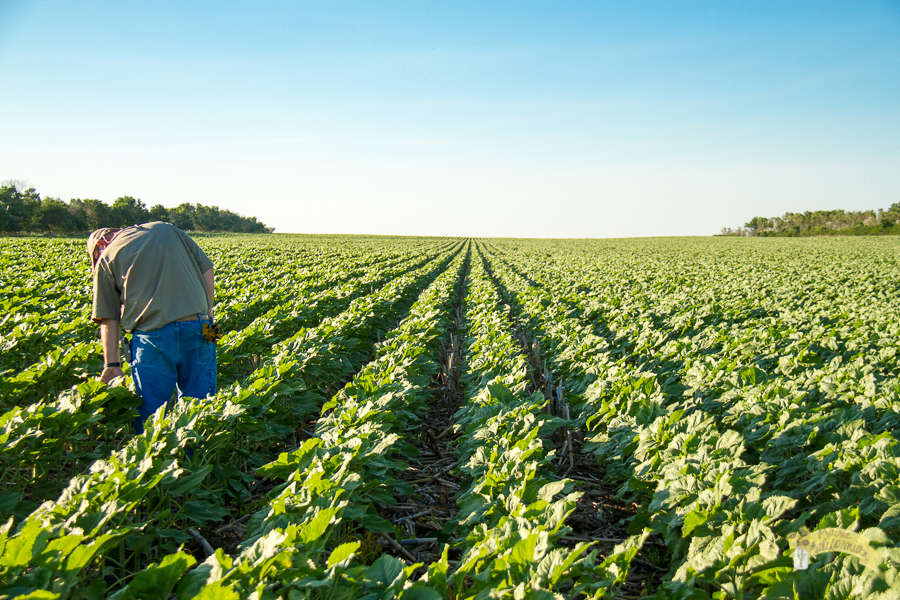
What's an agronomist?
An agronomist is a professional who applies scientific expertise and approaches to the administration and production of crops. Agronomists get the job done in a number of settings, from farms and ranches to government organizations and private corporations. They can also work in research laboratories or train at colleges and universities.
Most agronomists have at least a bachelor's degree in agronomy or a relevant field, for instance agricultural science or soil science. Numerous agronomists even have master's degrees or doctorates. The precise nature of an agronomist's career is determined by his / her specialty and employer.
Agronomists play an important job in making certain that crops are healthier and successful. They use their understanding of plant science to create means to improve crop yield, combat pests and diseases, and preserve water along with other resources.
The job of an agronomist
is to help the planet satisfy its escalating food production needs. Based on the U.S. Bureau of Labor Studies (BLS), employment for agronomists is expected to expand speedier than typical, with openings because of progress and alternative requirements.
The work of the agronomist
is challenging and gratifying, with agronomists usually becoming involved with analysis and schooling.
The education of an agronomist
Agronomists require at the very least a bachelor's diploma in agronomy or relevant subject from an accredited uni.
The way forward for agronomy
Agronomists help to make certain the world's population has enough meals, and so they function to enhance crop yields and minimize agriculture's effect on the natural environment. The BLS agronomists states that agronomists are in demand, but Competitiveness for Work is likely to be strong.
Conclusion
Agronomists are focused on the analysis of crops, plus they get the job done in many different fields, agronomists from agricultural analysis to boosting crops. Agronomists are required to make sure that crops are produced for consumption, but they also help produce biofuels and other plant-based products and solutions.